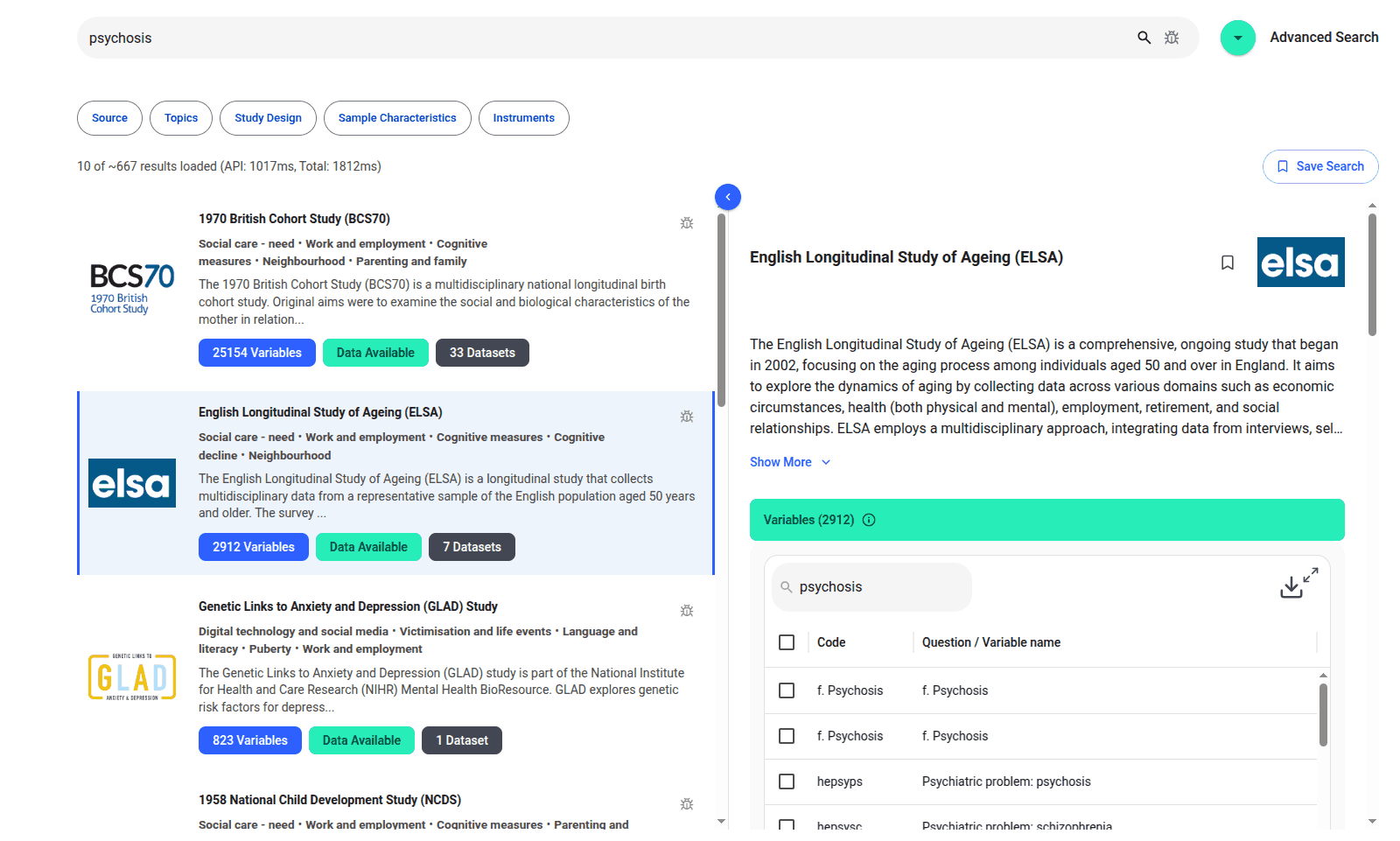Find out how AI and natural language processing are being used in mental health research and other areas of social sciences research.
Here’s a series of interviews with the Wellcome Trust about the Mental Health Data Prize. Members of the three winning teams are discussing the prize and the transformative potential of data in mental health science. Thomas Wood at Fast Data Science talks about the Harmony project, funded by the Wellcome Trust and now by ESRC: Economic and Social Research Council.
Harmonise questionnaire items
Harmony’s team consists of Bettina Moltrecht at UCL, Eoin McElroy at Ulster University, Thomas Wood at Fast Data Science, Mauricio Scopel Hoffman at Universidade Federal de Santa Maria, John Rogers at Delosis, and Rachel Holland Gomes.
You may want to take a look at our paper recently published in BMC Psychiatry:
Unleash the potential of your NLP projects with the right talent. Post your job with us and attract candidates who are as passionate about natural language processing.
Hire NLP Experts
We are excited to introduce the new Harmony Meta platform, which we have developed over the past year. Harmony Meta connects many of the existing study catalogues and registers.

Guest post by Jay Dugad Artificial intelligence has become one of the most talked-about forces shaping modern healthcare. Machines detecting disease, systems predicting patient deterioration, and algorithms recommending personalised treatments all once sounded like science fiction but now sit inside hospitals, research labs, and GP practices across the world.

If you are developing an application that needs to interpret free-text medical notes, you might be interested in getting the best possible performance by using OpenAI, Gemini, Claude, or another large language model. But to do that, you would need to send sensitive data, such as personal healthcare data, into the third party LLM. Is this allowed?
What we can do for you